
Rihab Charida, Antony Loewenstein and Abe Quadan discuss Israel's latest assault on Palestine and what makes this moment historic on the latest episode of the Green Left Show.

Rihab Charida, Antony Loewenstein and Abe Quadan discuss Israel's latest assault on Palestine and what makes this moment historic on the latest episode of the Green Left Show.
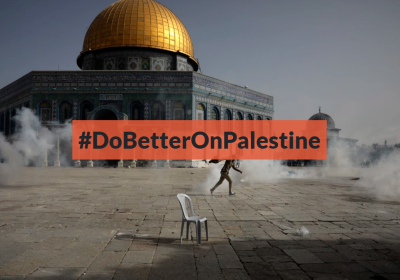
Journalists, media workers, writers and commentators have released a statement calling on the mainstream media to improve its coverage of Palestine, including avoiding “both siderism”.
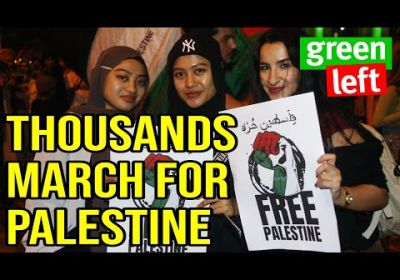
Video from the 2000-strong rally in Meanjin/Brisbane to commemorate the 73rd anniversary of the Nakba and to protest Israel's current terror in Sheikh Jarrah.
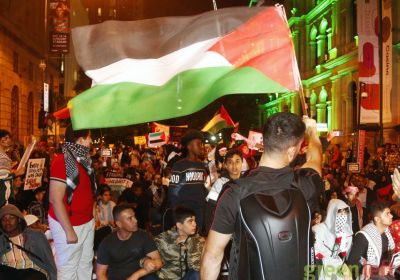
Thousands turned out to protests around Australia to commemorate the Nakba, the Catastrophe, when Israel began its ethnic cleansing of Palestinians in 1948, reports Alex Bainbridge.
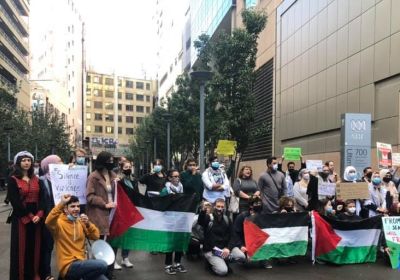
Rachel Evans reports on a snap action outside the ABC offices to demand the media cover Israeli attacks on Palestinian communities in Sheikh Jarrah in East Jerusalem.

Scenes of brutality in Jerusalem have generated outrage and solidarity among Palestinians and around the world, report Ali Abunimah, Maureen Clare Murphy and Tamara Nassar.
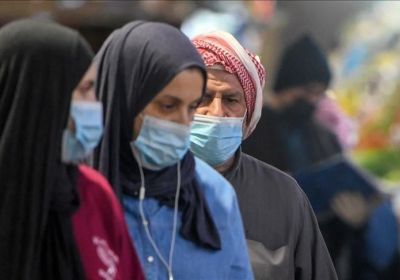
The Palestinian response to COVID-19 has been very successful but, as Mark Govier writes, they still need help.